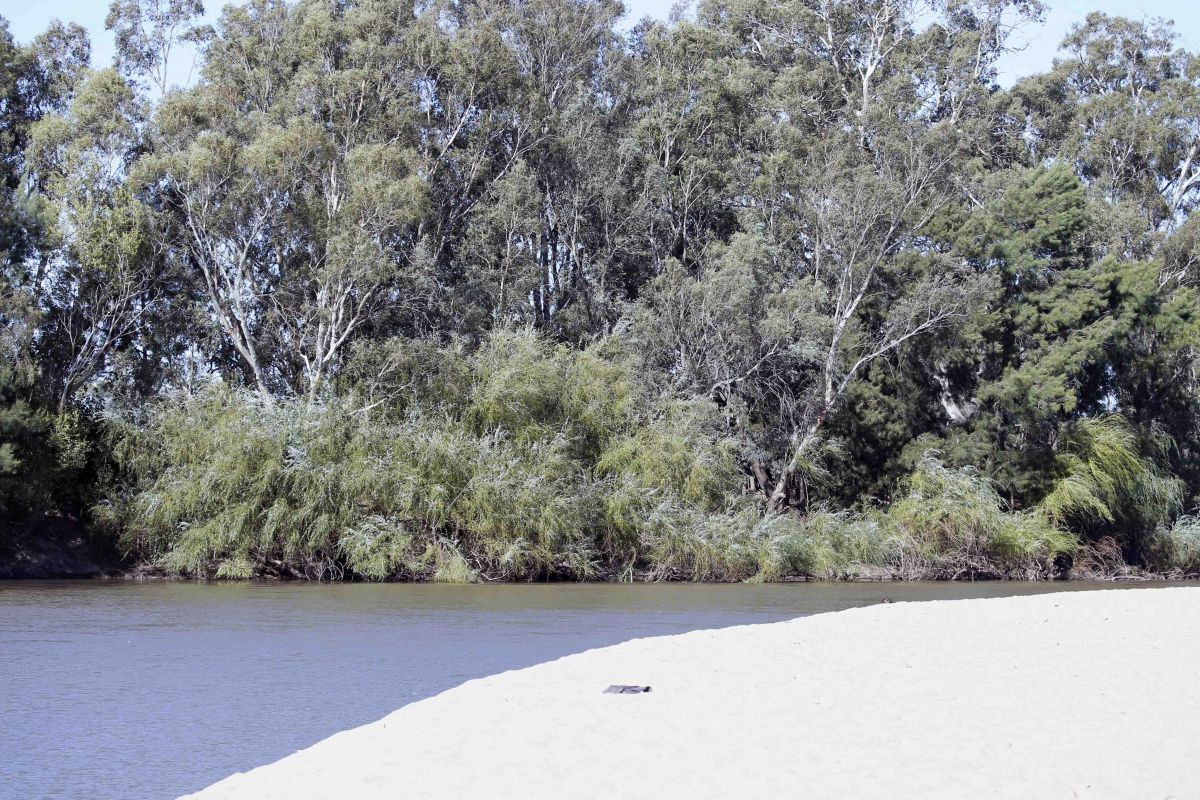
Council to remove invasive willow trees from Murrumbidgee River bank
Published: 17 Mar 2023 11:08am
Wagga Wagga City Council contractors will next week start removing willow trees and woody weeds along the northern side of the Murrumbidgee River, starting at the Wiradjuri Bridge and continuing upstream.
The works are expected to start Monday 20 March 2023 and will take two weeks to complete, weather permitting.
Council Environmental Officer Samantha Pascall said the removal of the invasive weeds is part of the Biodiversity Strategy: Maldhangilanha 2020-2030 and will help to improve the riverbank environment.

“We have received $150,000 in funding from the Australian Government’s Murray-Darling Heathy Rivers Program for the ‘One reach at a time: Murrumbidgee River Restoration in Wagga Wagga’ project,” Ms Pascall said.
“The project aims to remove willows, privet and coco palms along a one-kilometre stretch of the Murrumbidgee River.
"Willows are considered a pest species; they are fast growing, form large dense root mats which will spread into the bed of a watercourse, and cause number of environmental issues.
“These can include erosion and channel widening, outcompeting native species, which impacts on the food source for native wildlife, and reducing water quality and available oxygen.”

Once removal works are completed, rehabilitation works will start with small native seedlings planted to minimise erosion issues and increase native habitat.
The Island Lane, off Hampden Avenue opposite Wilks Park, will be open to local traffic only while the works are completed.
This Murray–Darling Healthy Rivers project received grant funding from the Australian Government.
